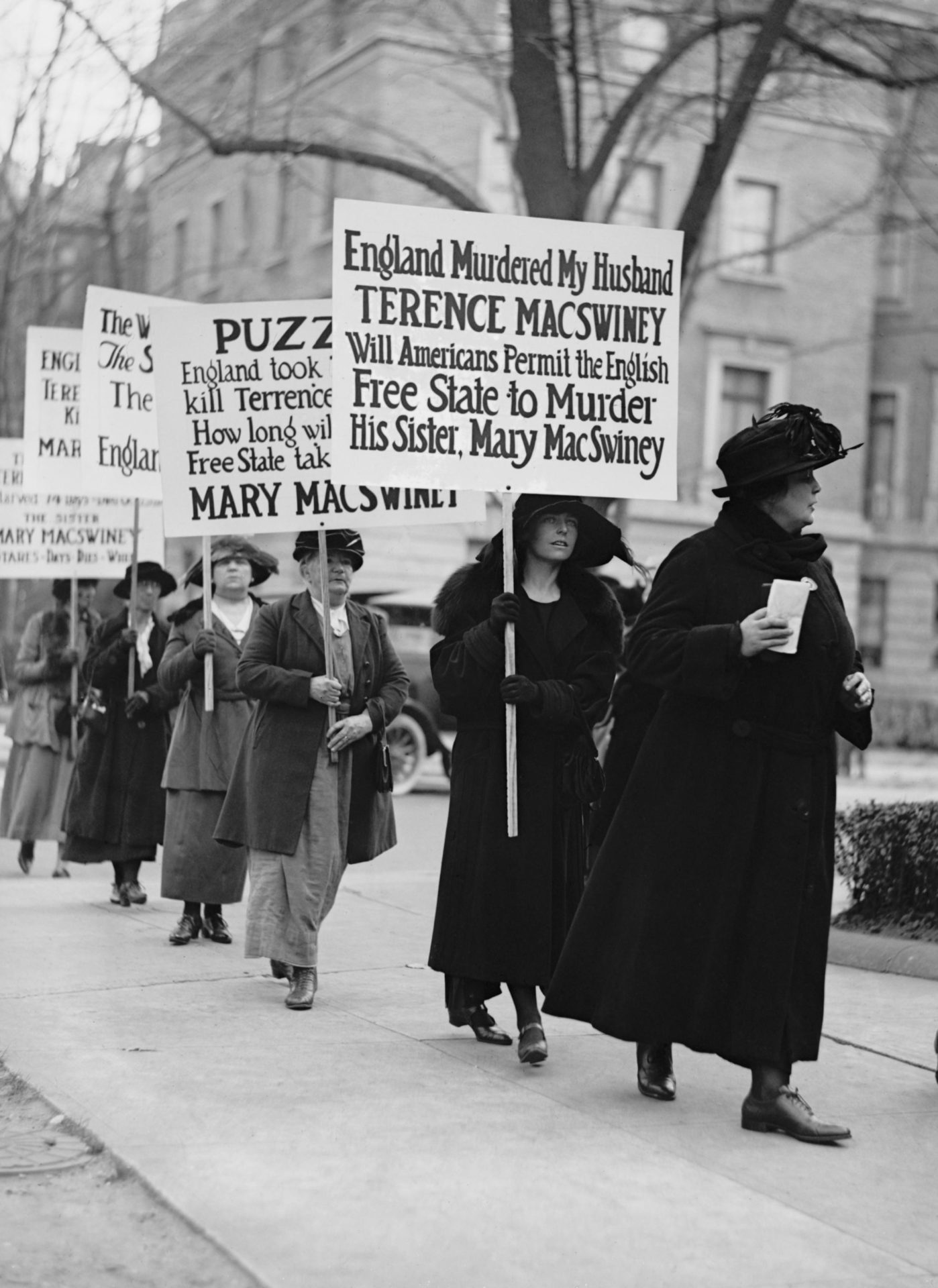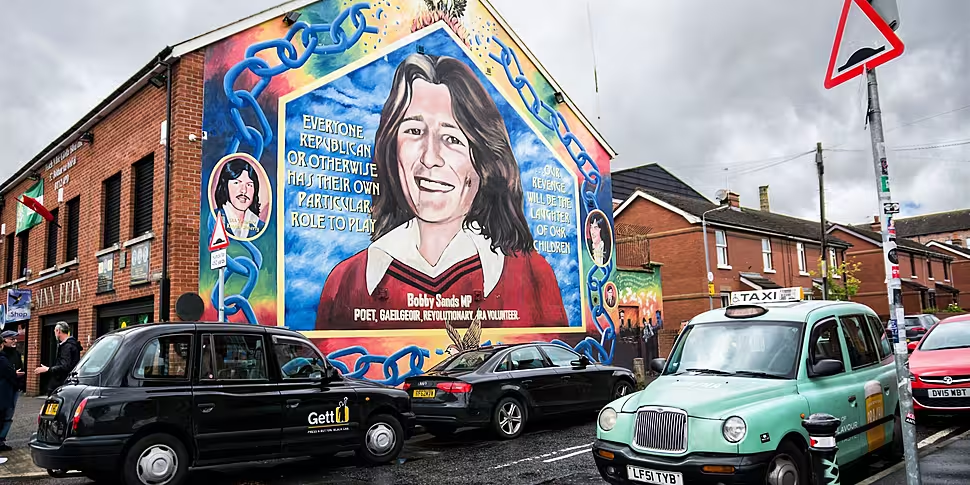A commemoration by Sinn Féin for hunger strikes in the War of Independence has been described as “completely rewriting history”.
Sinn Féin will commemorate former Cork Lord Mayor Terence MacSwiney on August 26th at 2pm at Kennedy Quay, Cork City.
Mr MacSwiney died in London on hunger strike in 1920 in his campaign for Irish independence.
Irish Examiner Columist Mick Clifford said Sinn Féin are linking Mr MacSwiney’s struggle in the early 20th century with the nationalist struggle in late 20th century Northern Ireland.
“I don’t believe there is much connection between the two,” he told Newstalk Breakfast.
“When McSweeney died on hunger strike in London, he was representing the people of Cork – he was involved in the national movement for independence that had the support of the large majority.
“The Provisional IRA was formed in 1970, and they were subsequently involved in a 25-year conflict where they tried to violently impose a 32-county state on this island against the wishes of the majority.”
Mr Clifford said Sinn Féin were trying to “legitimise the violence of the Provisional IRA” by commemorating Mr MacSwiney.
'There are many links'
Sinn Féin Councillor Micheál MacDonncha said “there are many links” between Mr MacSwiney and hunger strikers in the 20th century like Bobby Sands.
“The circumstances of both men as political prisoners are very similar,” he said.
“Both were on strike because the British government tried to portray them as criminals to the world and brand the struggle of the Irish people for independence as a conspiracy."
Cllr MacDonncha said nationalists in Northern Ireland were “denied their rights” like those who fought for independence in the 1920s.
 Muriel Murphy MacSwiney (2nd from right) protesting against oppression of Sinn Fein activists, 1922. Image: Everett Collection Inc / Alamy Stock Photo
Muriel Murphy MacSwiney (2nd from right) protesting against oppression of Sinn Fein activists, 1922. Image: Everett Collection Inc / Alamy Stock PhotoMr Clifford agreed nationalists were discriminated in Northern Ireland during The Troubles - but the IRA did not have the support of most nationalists.
“Those who supported them were in a small minority within the nationalist community,” he said.
“By contrast, in the 1918 election, Sinn Féin was elected on the understanding they were going to pursue an armed campaign to remove the British.”
Armed force
Cllr MacDonncha said Sinn Féin never sought a “mandate for an armed struggle” in 1918 but sought a mandate for an independent Ireland.
“The reason there was an armed struggle was because the British opposed Irish self-determination through their own armed force,” he said.
“Similarly, the Civil Rights Movement had come on the streets, demanded basic rights for nationalists who had been treated like second class citizens for decades – they were beaten, shot, interred.
“As a result, young men and women joined the IRA.”
Listen back here:









